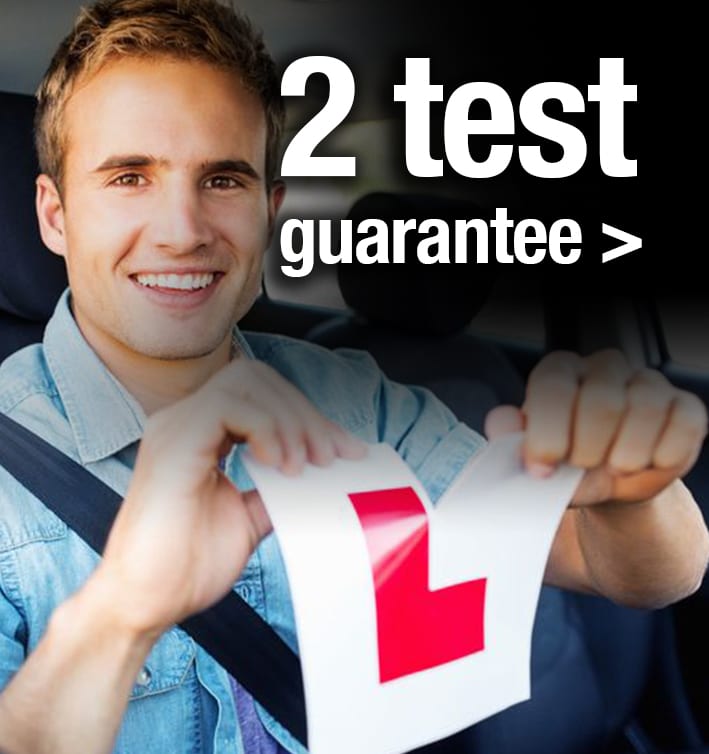This blog expands on the topic of how learner drivers can receive feedback regarding their driving ability. Raising self-awareness levels of how well a person can drive is in the interests of everyone, not just learner drivers, because it is unfortunately the case that many drivers have an inaccurate perception of their driving skills. Read here how to discover how good a driver you are.
Feedback can come in many different forms and it is quite natural for people to place different values on the various ways they get feedback. Consider a speeding ticket for a moment. That is in fact a form of feedback that for whatever reason, on a given day the vehicle was being driven in excess of the maximum speed limit. Some drivers may consider the ticket to be unjust, they may even refute or deny that they were speeding. Some other drivers might consider it just a bit of bad luck. However, what is undeniable is that the ticket has been raised and is specifically aimed at the person driving and how they are driving. Granted, there may be a technical reason why the ticket was raised incorrectly, but, also there may be some aspect of how a driver is driving around on the roads that needs some attention in terms of keeping the driving legal.
It is possible for a passenger in the vehicle to provide feedback. They may consider the way the vehicle is being driven to be unsafe, uncomfortable or inconsiderate to other road users. Again, the driver may dispute the perception or they could reflect on the comments and consider how they could adapt the driving.
Other road users might react to some driving that they consider is dangerous, reckless or careless. This might come in the form of hand gestures from another driver, motorbike rider, pedestrian, horse rider or cyclist. But it could be that headlights are flashed in anger, perhaps another road user is verbally abusive, perhaps they might get out their vehicle and confront you. Tailgating is a very good example of how another road user can react quite significantly as they feel their safety is being threatened or compromised. It is easy for situations like this to get out of hand very quickly, but it is worth reflecting on what the root-cause or trigger was that sparked off the reactions.
Learner drivers will receive verbal feedback from driving instructors, members of family that take them out on private practice, and even the driving examiner after a driving test. How well a person is able to receive and constructively work with such feedback differs between us all. It is true that for younger people who are learning to drive, they simply may not have had much experience of receiving direct feedback like this before and may quite naturally feel quite defensive when it is expressed. In the case of the driving examiner’s feedback, when a person has failed a driving test, it is wise but difficult to put emotions aside for a moment and carefully listen to the advice offered. Examiners often provide superb insight that clearly is not from the driving instructor or a family member so can be viewed as entirely independent or neutral. Clearly if there are themes or repetition of feedback between an instructor, family member and/or examiner, all the more reason to listen carefully to what is being said. The feedback is not intended to be a personal attack, but as there is consistency in the messages, it would be wise to listen carefully and practice developing the shortfall in skills.
When a person has passed their driving test and is driving friends around, the feedback may be not quite so direct, and be as subtle as a friend declining the offer to drive them somewhere. People will often avoid conflict by not raising the fact they do not feel safe when being driven around, so the only practical option that is available is to not get in the car in the first place – this is feedback! Driving other people around in a vehicle comes with responsibility for their safety – ignore this fact and they will often preserve their safety by choosing not to accompany you in your vehicle.
Lastly, one of the key aspects of working with feedback to improve driving skills is to take the emotion out of the situation. Sometimes this is easier said than done. In fact, some drivers, not necessarily learner drivers can get extremely sensitive and touchy when anybody attempts to provide feedback. It is a skill to be able to effectively receive feedback, reflect on it and then use it to practice developing driving skills.
Good luck!



